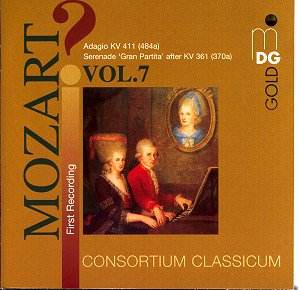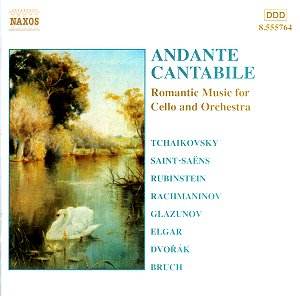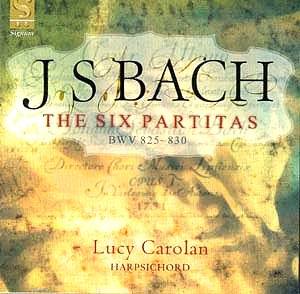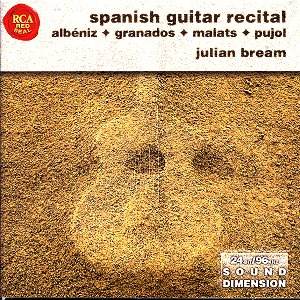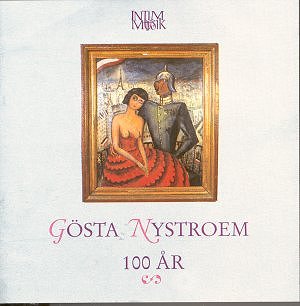 Composer: Gösta Nystroem
Composer: Gösta Nystroem
Works: Det Enda, Ur Ångest – Åtta dikter, Ur Musiken till Stormen, Sånger vid havet, Prelude Pastoral, Valse Marine
Performers: Gunvor Nilsson (mezzo-soprano), Erik Risberg (piano)
Recording: Gothenburg Concert Hall, August/September 1990
Label: Intim Musik IMCD 007
Gösta Nystroem, a significant yet often underappreciated figure in the Swedish musical landscape, emerges in this collection as a composer whose works capture the melancholic beauty and introspective depths of the Nordic experience. His songs and piano pieces, spanning from the early 20th century to the 1940s, reflect a synthesis of influences, from the Romantic lyricism of Sibelius to the more modernist inclinations of his contemporaries. This recording presents a compelling introduction to Nystroem’s oeuvre, particularly his vocal music, which is often imbued with a longing that resonates deeply with the Scandinavian ethos.
Gunvor Nilsson’s performance is a study in contrasts. Her voice, at times rich and operatic, conveys the emotional weight of the texts, particularly in “Det Enda,” where her interpretative choices evoke a dramatic intensity that aligns well with the song’s thematic concerns. However, her use of vibrato invites scrutiny; while it can enhance expressiveness, it occasionally obscures the clarity of the line, reminiscent of Elisabeth Söderström’s interpretative challenges in Sibelius. This duality presents a fascinating aspect of Nilsson’s artistry, where her commitment to character can occasionally clash with the music’s inherent need for stability. In “Jag hår ett hem vid havet,” her dynamic range and emotional shading are particularly striking, capturing the essence of Nystroem’s sea-infused imagery.
Erik Risberg’s pianism complements Nilsson’s voice, providing a solid foundation that is both supportive and intricately woven into the fabric of the songs. The Prelude Pastoral is executed with a blend of virtuosity and sensitivity, its contrasting moods reflecting a pilgrimage that traverses the emotional landscapes of Nystroem’s imagination. The “Valse Marine,” while seemingly lighter, is characterized by harmonic sophistication that belies its playful demeanor. Here, echoes of Chopin and de Falla emerge, though the oceanic qualities suggested by the title are less pronounced. Risberg’s interpretations are technically assured, revealing the nuanced intricacies of Nystroem’s piano writing.
The recording quality, captured at Gothenburg Concert Hall, reflects an intimacy that suits the nature of these songs well, though one might wish for a more polished sound to enhance the subtleties of both voice and piano. The balance between Nilsson and Risberg is generally effective, though moments arise where the piano’s resonance slightly overshadows the vocal line. The absence of English translations may limit accessibility for non-Swedish speakers, yet the emotional universality of the music transcends language barriers, inviting listeners to engage with the emotive power of the performance.
Nystroem’s music, particularly in this collection, showcases a remarkable range of expression from the profound sadness in “Åtta dikter ur Ångest” to the buoyant nostalgia of “Vårnatt,” where the echoes of Weill seep through the texture, suggesting a cabaret-like charm. The thematic depth found in the songs from “The Tempest” also warrants mention; they are imbued with a flightiness that reflects the ethereal nature of Shakespeare’s characters.
This disc is an essential listen for those drawn to the rich tapestry of Scandinavian song. The performances by Nilsson and Risberg provide an illuminating window into Nystroem’s world, revealing a composer whose voice deserves wider recognition. The artistry displayed here is both heartfelt and technically accomplished, serving as a compelling testament to the enduring allure of Nystroem’s music. As interest in Scandinavian repertoire continues to grow, this recording stands out as a valuable contribution to the canon, establishing Nystroem’s place among the notable composers of the 20th century.
